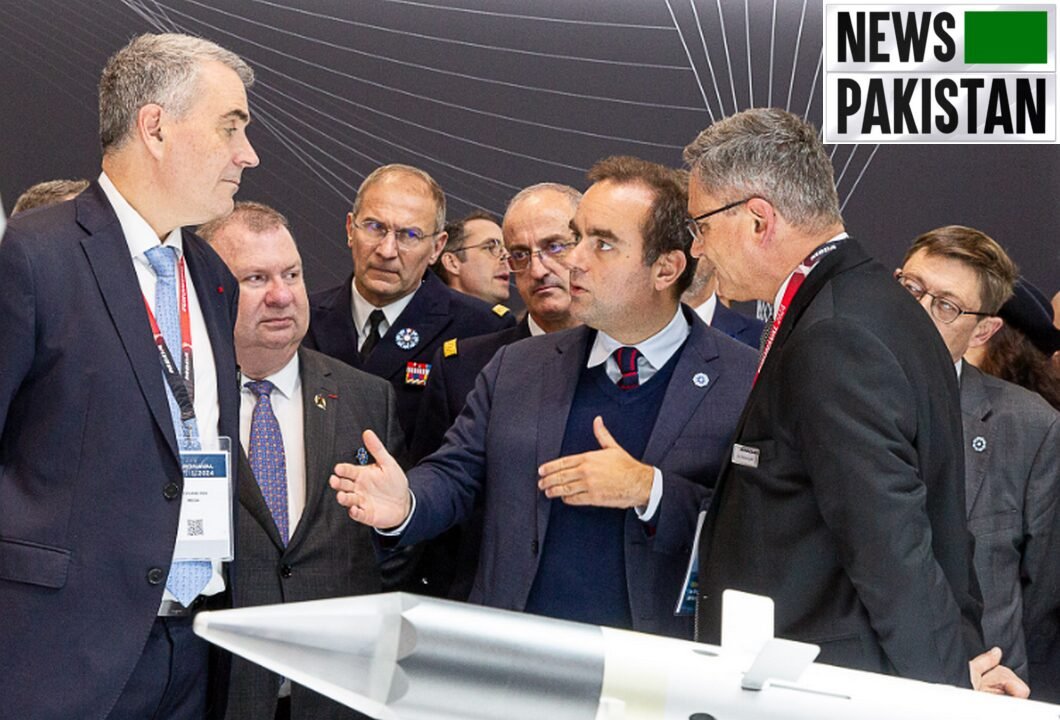KARACHI: According to State Bank of Pakistan (SBP)’s first quarterly report of fiscal year 20 (issued here on Monday 6th of January) the inflation will hover around 11 to 12 percent range.
SBP further holds that Pakistan’s economy will not meet the GDP growth target of four per cent; current account deficit will remain low at 1.5-2.5 percent in the ongoing fiscal year. It has further been estimated that services sector would perform almost the way it did last year. Agriculture output would be lower than target and industrial sector’s performance would be subdued and performance of commodity-producing sectors will remain restrained. LSMI for October 2019 shows an 8pc decline on a year-on-year basis, steeper than the 5.9pc decline recorded in 1QFY20.
State Bank of Pakistan holds that for businesses, perceptions about the current economic conditions plummeted. Moreover, government’s revenue measures and tight credit conditions, this may also be the result of FBR’s instructions to businesses to record CNIC numbers of buyers and suppliers while filing sales tax returns. Steel, automobiles, chemicals and cement industries had opted to reduce production due to augmentation of financial and operational costs. It may be noted that local refineries had also reduced their operations due to incumbent PTI-government’s policy to move away from furnace oil for power generation.
As production is being reduced, the demand for imported raw material will remain low. Commodity prices are also subdued, amid slowdown in world economy and absence of key triggers. The State Bank of Pakistan report further informs that the energy prices posted the steepest rise of 32.5 percent during the quarter, with an upward revision in gas prices alone contributing 1.6 percentage points to the headline inflation. Moreover, the food inflation rose to 11.8 percent. It has further been reported that high inflation outcome was driven by the depreciation of exchange rate and government measures apropos revenue.
Newspakistan.tv











